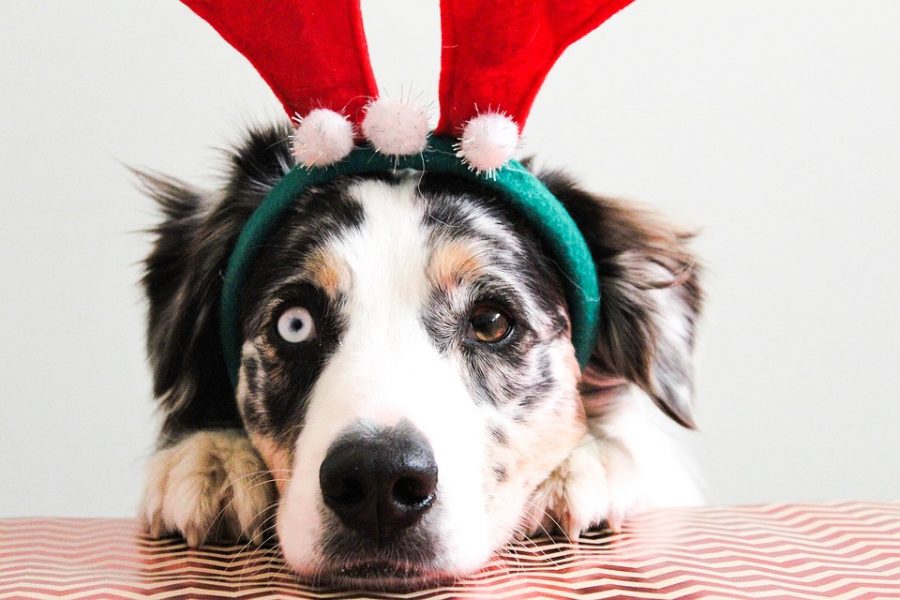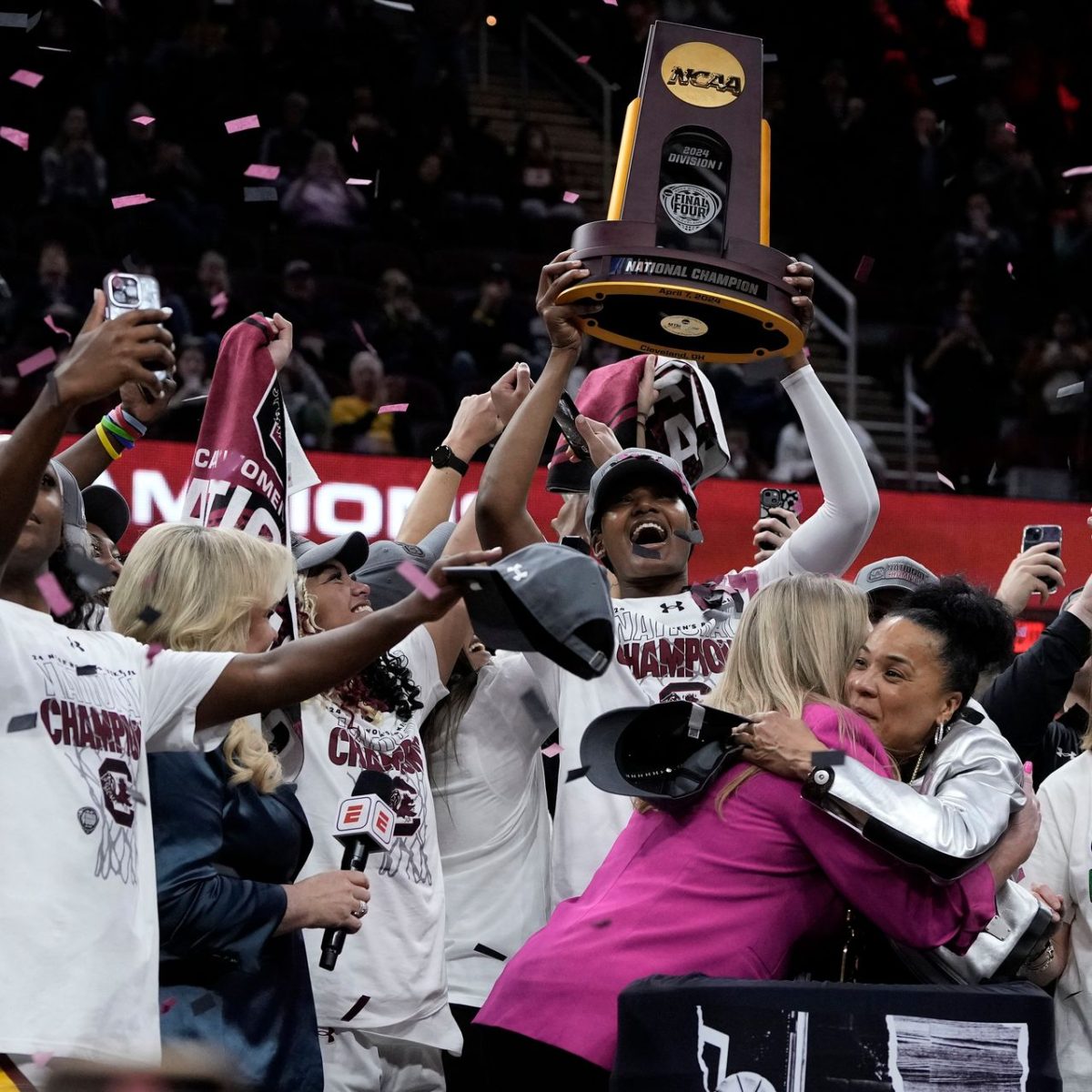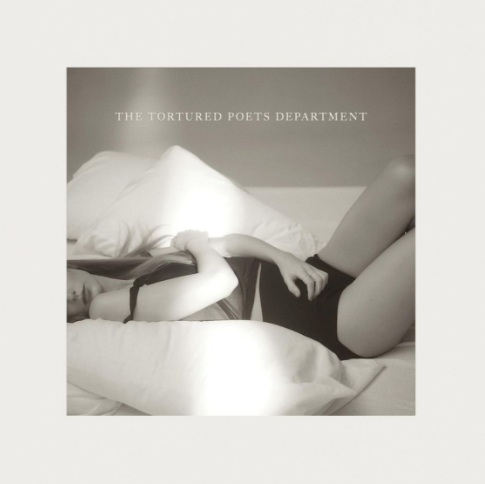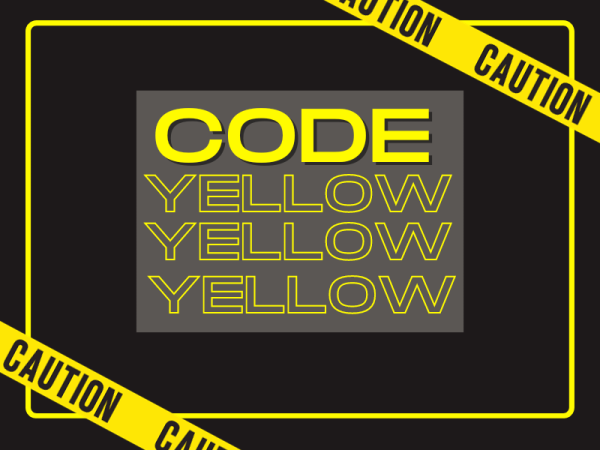Keeping your pets safe during the holidays
Dressed up as a reindeer, this dog is included in the holiday festivities along with his fellow family members. Pets can be a fantastic addition to the holidays, but a little extra caution should be used to keep our animals safe.
December 17, 2018
The holidays are a time spent with loved ones: family, friends, and pets. However, our furry friends require a little extra protection to keep them safe over the winter break. Although food is a mainstream component of every holiday celebration, table scraps are not healthy for any pets. Specifically avoid candies, cookies and other processed treats, as well as the fatty trimmings from the holiday feast. The safest treat for your pets to indulge is one specifically made for them. Alcoholic beverages and food products containing alcohol are abundant during the holidays and have been known to cause vomiting, diarrhea, decreased coordination, central nervous system depression, difficulty breathing, tremors, abnormal blood acidity, coma, and even death in household animals.
Ornaments and decorations are a fantastic way to light up your house and make it look extra festive for the holiday season, but they are not necessarily safe for pets. Wires, batteries, and glass or plastic ornaments must be kept out of the reach of paws, as an exposed wire can deliver a potentially lethal electrical shock, and a punctured battery can cause burns to the mouth and esophagus. Shards of breakable ornaments can damage your pet’s mouth and digestive tract. The shiny, eye-catching tinsel is just as attractive to your cat as it is to you, but for a feline, ingesting it can lead to an obstructed digestive tract, severe vomiting, dehydration, and the need for possible surgery. Christmas trees are typically met with an assortment of decorations, and they must be secured to keep it from falling over if your dog bumps into or your cat attempts to climb it.
Candles are beautiful and smell delightful, but should never be left unattended in a house with pets. Pets may burn themselves or cause a fire if they were to knock candles over. Holiday plants are also a lovely way to decorate and freshen the air, but be mindful of which ones are left where pets can reach them. When ingested by pets, holly can cause nausea, vomiting, and diarrhea. Mistletoe can lead to gastrointestinal upset and cardiovascular problems, and many varieties of lilies can cause kidney failure in cats.
Junior Anna Pruett gave great advice when she said, “The holidays are a time when family comes into town and large gatherings are held. Pets want to partake in the festivities and can accidentally become hurt if they ingest something that is not made for their digestive system. A little extra attention is required to keep our pets safe.” Families should take extra precaution during these times so that every family member, pets included can enjoy the holiday season and have fun.





















